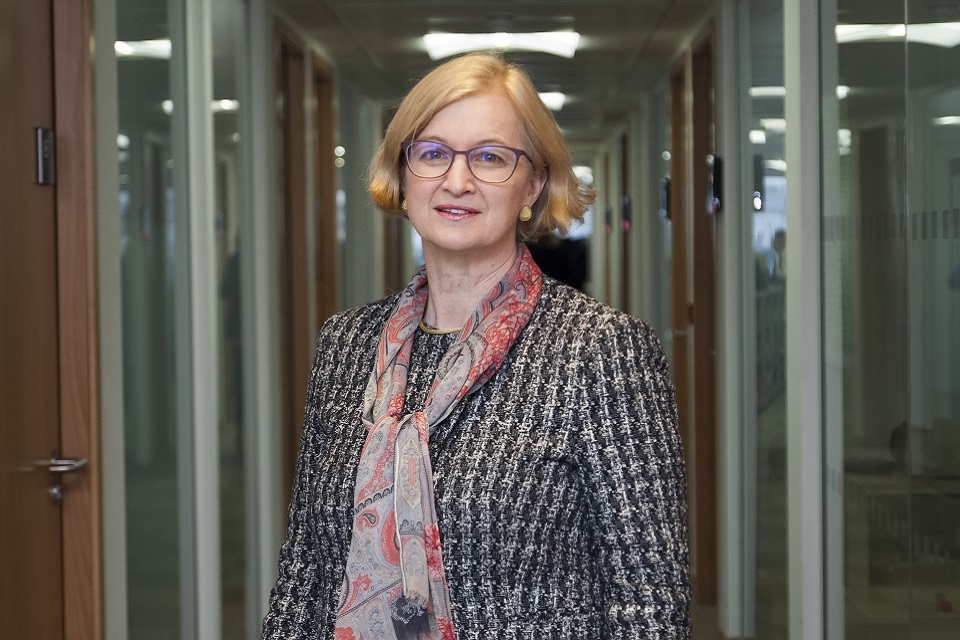‘Disadvantage one-upmanship’ is holding schools back from good performance, according to the new chief inspector of schools in England.
Amanda Spielman, who now heads up Ofsted, made the comments ahead of a report criticising the failure to improve within a group of 130 schools.
She added that in some cases the “make up of a school community” is being used as an excuse for underperformance.
“What we’re seeing is that an enormous amount of help has been pointed at these schools in different ways but somehow it doesn’t seem to be hitting the spot, it’s not necessarily getting through and changing what happens in the workplace.”
“We shouldn’t cheat any child out of the future they could and should be aiming for.”
‘A Culture of Rejection’
Spielman also criticised a culture of rejecting young offenders and vulnerable individuals, including those with special educational needs, in order to protect schools’ exam performance.
She added: “Young people who have committed a crime should be punished, that is what society expects. But the vast majority of juvenile offenders also deserve a second chance.”
We shouldn’t cheat any child out of the future they could and should be aiming for.
Amanda Speilman, Ofsted
“If, through a poor education, we close down other avenues they have for success, we are setting the pathway for a life of crime. Without access to proper, decent learning and training we are passing de facto life sentences on young offenders.”
Her comments come just weeks after the long-awaited government review led by David Lammy found a “ticking timebomb” in the youth justice system, with BAME students in particular at risk of having their future held back by early offences.
The report found that disproportionate numbers of young BAME people were being arbitrarily barred from careers “ranging from accountancy and financial services to plumbing, window cleaning and driving a taxi” because of their criminal records.
What Does This Have to do with Human Rights?
We all have the right to an education, enshrined in British law through the Human Rights Act. In practice, this means governments are obliged to do everything in their power to allow equal access to all educational institutions, for everyone.
Equality and non-discrimination are also at the very heart of our human rights, so the suggest some practices could deny young people the same opportunities does raise human rights questions.
“Dealing with students of different needs isn’t always easy,” she expands, “but in the end, the job of educators is to do what’s right by children.
“That does not mean passing the job to parents, without professional expertise, to home educate their children. Children with special educational needs are not a problem to be pushed out of sight and out of mind.”






